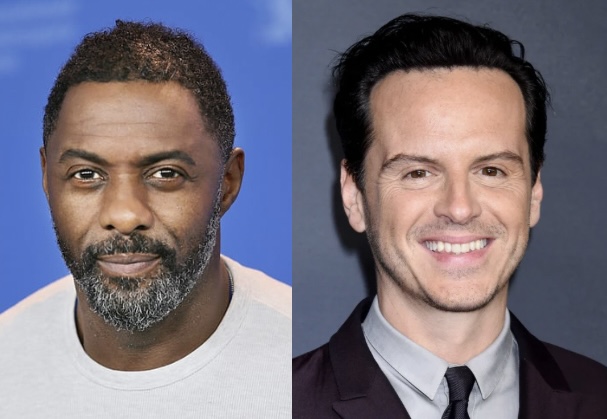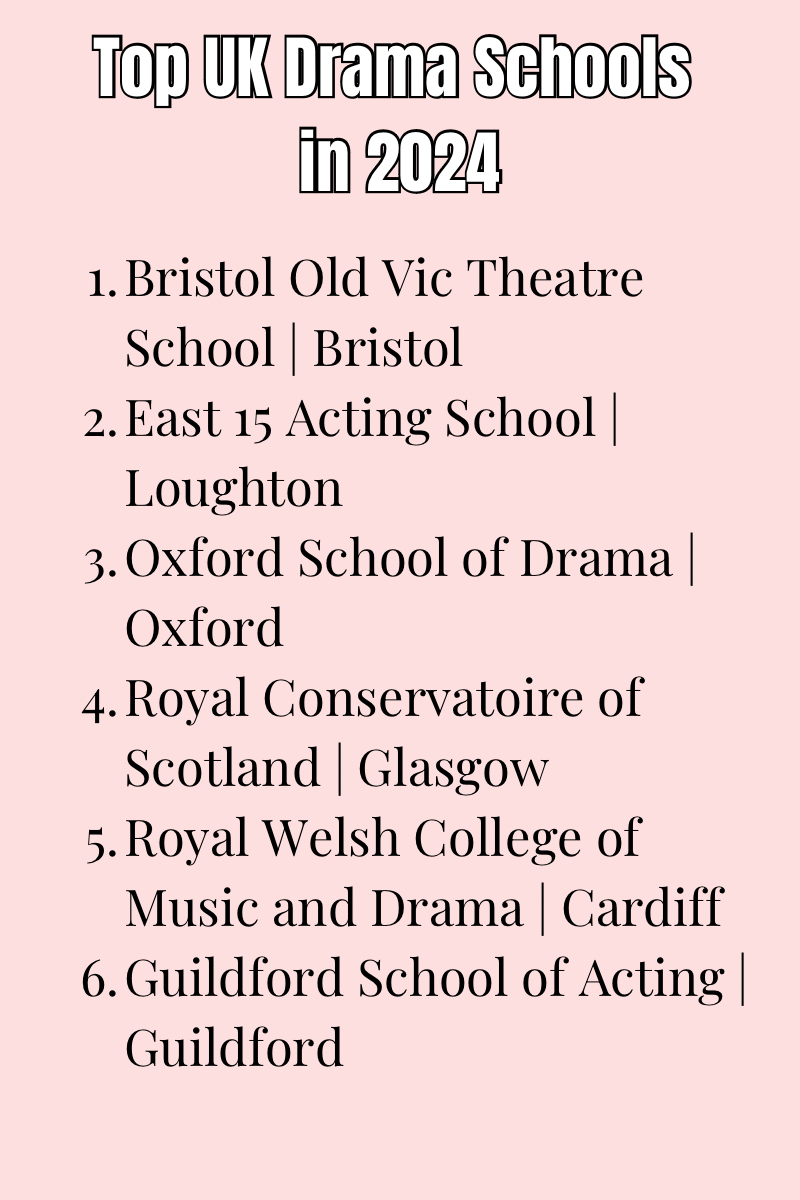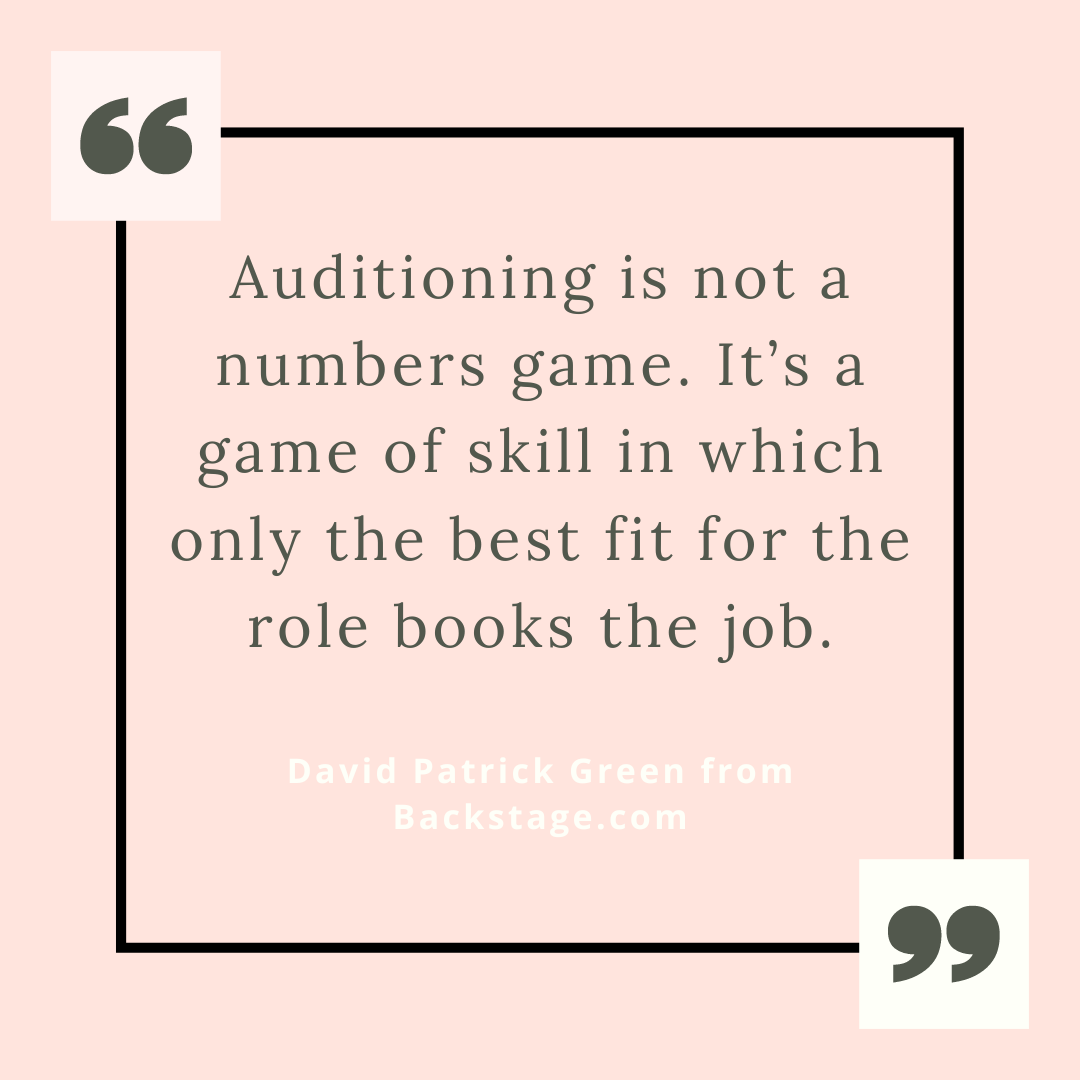Becoming an actor is the ultimate dream for many but getting started can be a very scary thing, especially if you don’t where to begin.
But don’t worry, we’ve got you covered.
To break it down for you and get you feeling excited about your next steps as an actor, we’ve got 10 steps on how to become an actor.
And at the end, as a bonus, we’ll give you some celebrity success tips we know you’ll love.
In this ultimate guide, you’ll learn about:
- The role of an actor
- The requirements to become an actor
- How to apply to drama school
- Alternative routes into an acting career
- What it takes to become an actor
- How to increase your skillset
- How to book your first job
- Getting an agent
- Improving your acting career
- Important success tips every actor must know.
The Role of an Actor
The role of an actor is to interpret and perform roles and characters for the public and that could be in many ways like for stage and theatre productions, TV, film, radio, commercials, etc.
It’s a career that can take you all over the world, playing interesting, fun and complex characters.
You work with all types of creative people and typically, each professional job is totally different from the last.
For example, you could be doing a short film about romantic comedy for one gig and go straight onto a Shakespeare play in the West End the next.
Aside from performing, a good actor should be confident at:
- learning lines
- developing characters
- attending castings
- preparing and filming selftapes
- self-study and doing background research
- expanding their knowledge of the industry
- growing their network
- strengthen relationships with industry professionals.
There is definitely a lot of work to be done and it is never-ending.
But, if you love the craft, it is all worth it. And to be honest, most of the time it doesn’t actually feel like “work”.
THE NEWSLETTER
Sign up to receive the fortnightly newsletter.
Acting updates + lessons, motivational advice, inspirational quotes and one question to get you feeling empowered.
The Requirements
There are absolutely no training requirements to become a successful actor.
But most actors do practise acting in several ways to become better performers and expand their creativity.
Although it can help a lot, getting a performing arts degree or going to drama school isn’t necessary to become a professional actor.
Many well-known actors didn’t complete drama school like Andrew Scott who won a BAFTA for his role in ‘Sherlock’ back in 2021.
Scott dropped out of drama school after six months.
There’s also Idris Elba, the award-winning actor known for his screen performances in ‘Luther’, ‘The Wire’ and ‘Beasts of No Nation’.

How to apply For drama school in the UK
If you want to go down the training route, you can:
1. Research which drama school or performing arts college you want to go to.
It’s important to choose the school you feel would be right for you.
It helps to visit the schools you want to apply to and/or watch an end-of-year showcase or show there.
Alternatively, you can try to reach out to some current students via social media or email and ask them questions about the school, what it is like training there, etc.
Always remember to be kind and professional when reaching out for advice.
Once you know which school(s) you like, you can then apply.

2. Prepare your audition material.
This is a crucial stage in the process. Typically, you will be asked to perform one classical (e.g. Shakespeare) and one contemporary monologue (from the start of the 20th century to now).
Both monologues have to be from published plays so you can’t use your own material as your audition pieces – unless you’re already a published playwright!
The sooner you find these audition pieces, the more time you’ll have to rehearse and perfect them before your first round of auditions.
3. Don’t go at it alone.
Find an acting coach, drama teacher or a fellow actor to help you practise your monologues.
And if you don’t know where to find monologues, consider asking one of the above for recommendations, see new plays at the theatre or online, read plays and visit a bookstore.
Staff at larger bookstores like the National Theatre or the Royal Court are knowledgeable and well-informed.
They can help you find monologues that suit your age, gender, race or whatever other description you have in mind.
Alternative routes into acting
All actors have trained in some form or another.
That could be acting classes, working with an acting coach, short courses or online training, a performing-arts degree.
What is common amongst all successful actors is the desire to constantly explore characters, explore new techniques and tools, and keep showing up with total commitment.
So formal training or not, keep practising the art of acting however and wherever you can.
What it takes to be a successful actor
Total commitment is one sure sign that you have what it takes to become a successful actor.
It’s a long and ever-changing journey. Successful actors all know that talent and hard work can eventually lead to a good career, but the when is the part they’ll never know.
If you want to have a long and happy career as an actor, you have to be willing to face rejection and still come back fighting for more.

How to increase your skillset
You can increase your skills by:
- preparing to the best of your ability for auditions and selftapes
- committing to getting better and doing what you must do to get results
- learning more and more about acting each week
- regularly meeting new actors and industry professionals
- creating your own work or collaborating with others
- putting yourself out there in order to learn something new
All of these things help you to develop your passion for acting and serve as a reminder that you create your future.
And there are loads more things you can do. It doesn’t matter where you start, just as long as you start and don’t stop.
When starting out, you should consider:
- Can I handle the rejection?
- How will I support yourself financially between acting jobs?
- Do I have the stamina to continuously learn and improve?
- Would pursuing acting be worth the sacrifices?
- Do I believe that I can one day make it?

How to book your first job
Now we come to the fun part.
Actors normally have an agent who puts them up for auditions, organises all auditions and meetings with the casting director for different project. However, if you aren’t represented you can still find auditions yourself on sites like Backstage, Spotlight and Mandy.
Casting directors often share open casting calls on social media too, so following casting directors on Twitter or Instagram is equally a good starting place if you’re not yet signed with an agent.
There are all sorts of jobs on these platforms from TV, stage and film to commercials, voiceover and entertainer gigs.
To increase your chances of landing a role, make sure that you audition for parts you can actually play.
For example, a character speaks with a South African accent but you can’t do one to save your life…
Another role needs an actor who plays the piano, but you only play the guitar to a basic level…
You’ll look unprofessional, unreliable and you’ll waste the casting department’s time, possibly ruining future audition opportunities.
All auditions need to be prepared properly. So learn your lines, research the project and the character, make clear performance choices and bring something to the table that only you can offer.
After every audition comes the possibility of rejection.
As an actor, you have to be okay with this type of rejection. Try to see it as a lesson, not a loss.
Getting an agent
As mentioned earlier, the majority of successful actors do have agents.
An agent’s role is to look for and submit their actors for castings, organise the audition with the casting team, negotiate actors’ contracts and fees, and offer guidance and support along the way. However, that last part isn’t true of all agents.
When approaching an agent, it’s good to do your research. Ask yourself:
- Why do I want them to be my agent?
- Would we work well together?
- Do I feel safe with this agent?
- How would working with them improve my acting career?
- How do I become a great team player?
Once you’ve done your research, it’s time to set up meetings. Actors get positive responses from agents when they have work to showcase.
Alongside your actor’s CV and headshot, you can invite an agent to your upcoming show, send them a recent selftape you’re proud of or share your showreel.
Especially if you have little prior professional experience, sending a charming email to an agent won’t get the results you are looking for. Just think about the 100s of emails and letters agents get in a month from actors just like you.
So stand out. Don’t be afraid to share your dreams, what makes you so special and, most importantly, any chance to share your beautiful work.
Improving your acting career
Like with all careers, the more you give, the more you get.
Can you find ways to improve your skillset? How learn from people who are already doing what you want to do?
That might be taking up another skill like singing or martial arts.
You could make it a priority to go to the theatre regularly and catch up on all the latest films.
Or watching interviews online with filmmakers, actors, producers and writers.
Maybe that could be improv or screenwriting classes. You could also attend networking events or masterclasses.
There is always something to improve. Focus on becoming a better actor and better performer month to month so that you can show up and deliver your best work.

Success tips
These success tips have come directly from established actors who have done what you are trying to do. They know what they are talking about.
A. Be disciplined.
A lot of work is needed to become an actor. Give yourself structure and clear goals and follow through with lots of discipline.
B. Learn your lines.
When you come into the audition or rehearsal room totally off-book, you have the creative freedom to play. So learn your lines and unleash your creativity.
C. Find your own voice.
Finding your own way stops you from imitating others and seeking validation.
When you find your voice, you learn what you like and don’t like which means a smoother journey to be the actor you want to be.
THE NEWSLETTER
Sign up to receive the fortnightly newsletter.
Acting updates + lessons, motivational advice, inspirational quotes and one question to get you feeling empowered.

